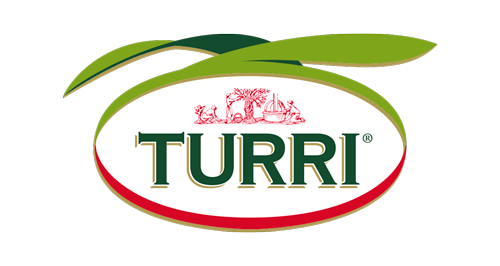The saying goes “aged wine and new oil” but given the countless questions concerning the shelf life of oil, we would like to shed some light on this issue, since the “best before” date printed on the bottles can raise doubts, leaving the consumer quite baffled.
Extra virgin olive oil is considered best when it is fresh; a year after bottling it acquires a slightly sweeter tang. Though not always unpleasant to the palate, the sweetness betrays the onset of oxidation processes. Olive oil still preserves its excellent nutritional properties, but in the eye of consumers who prefer the slightly pungent flavour and fruity scent of a fresher oil, it is now considered inferior.
Extra virgin olive oil has therefore not deteriorated: it poses no hazard to our health and after two years is still consumable. At this stage however it will have lost its original aroma and organoleptic features, and will have altered its colour and aspect. From the third year onward, we would advise you not to use it.
Needless to say, there is a difference between filtered and unfiltered oil. The latter oil, even when well preserved, does not last as long as the former, which is still considered good after 18 months.
By law the expiry date for olive oil is 18 months from bottling.


